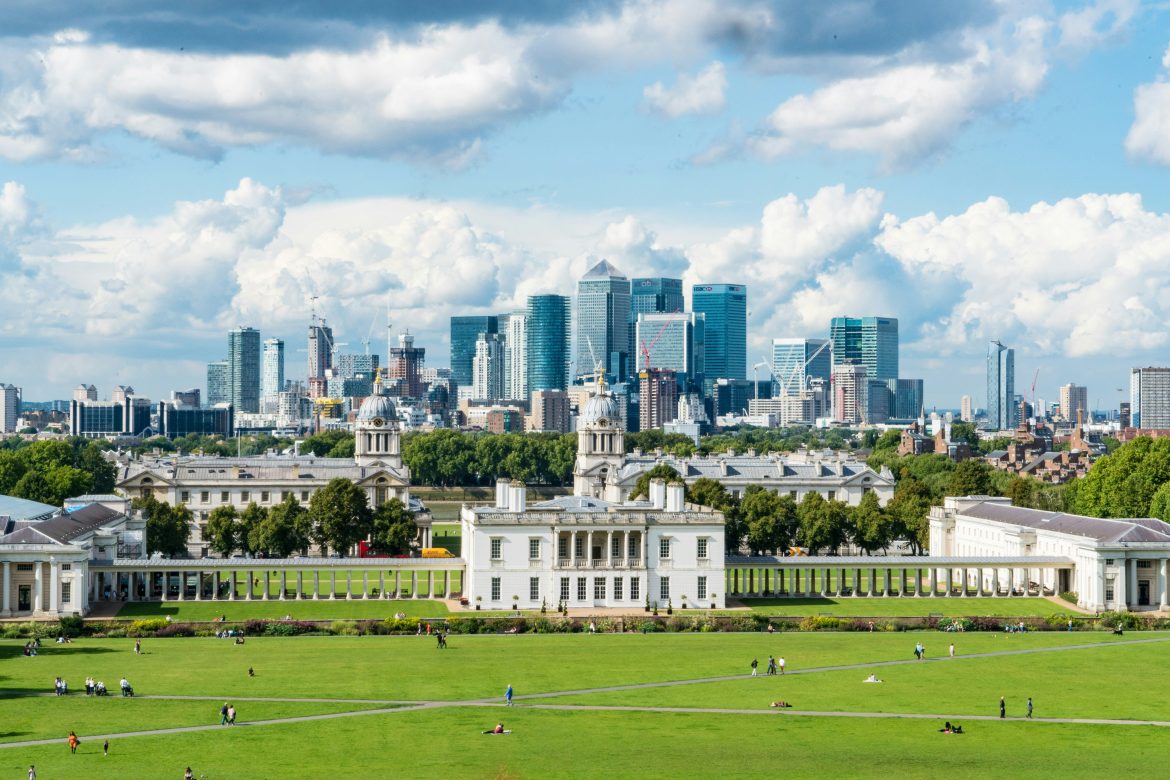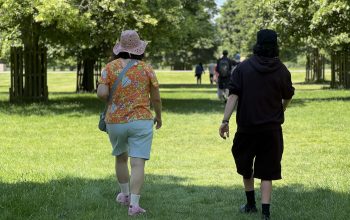From the spring equinox on 21 March the sun starts to brighten up our days. For many in the UK, it’s their favourite season. In nature, it’s a time when vegetation starts to grow and we begin to see the start of life in the seeds we’ve sown.
In human life specifically, it feels an optimistic time when we start to get out more, set meaningful goals and take action.
British Summer Time begins on the last Sunday of March when the clocks go forward an hour. This means we get an extra hour of sunlight in the evenings, which is usually greeted with open arms.
To many it signifies a better work / life balance, with more people making the most of their evenings.
However, surprisingly, research suggests moving clocks forward in early spring may have long-term health consequences, and not in a good way.
The extra spring sunshine after the clocks change impacts our natural circadian rhythms, particularly in the first few weeks following the change.
We get less sleep because of this, according to Professor of Neurology and Paediatrics Beth Malow at Vanderbilt University Medical Center, which detrimentally impacts mental and physical health.
Lack of sleep can impact cardiovascular and mental health, increasing the risk of diabetes and obesity and lowering cognitive performance.
It can also increase the risk of motor vehicle accidents, with shift workers being particularly impacted.
Evidence also suggests suicide rates spike in the spring, rather than in the depths of winter, according to Psychiatrist Dr Adam Kapli at John Hopkins University.
He puts some of this down to the increase in allergies in spring which can cause or worsen depression. He says spring is particularly tough for people who are depressed as others appear to emerge from a solitary winter into a world of rebirth and rejuvenation.
On top of that, people can feel motivated to take action, which in the case of people who are severely depressed, can mean suicide.
Counter to these research findings, there is also plenty of evidence about the benefits of spring and the lighter evenings that come with moving clocks forward. From opening your windows, getting outside more and being more active.
One study found pleasant weather in the spring improves mood and memory, as well as broadens cognition, particularly because people have been deprived of that weather in the winter.
For a number of years there have been calls to change clock times in the UK. The most recent legislative proposal was to advance time by one hour throughout the year for the whole UK.
However, the bill ran out of time. In the absence of consensus the government has no plans to change current arrangements.
(Time is a devolved matter for Northern Ireland, but is reserved to Westminster for Scotland and Wales.)
If you or anyone you know needs help or support for mental health issues contact your GP or call Samaritans on 116 123 or email jo@samaritans.org
Social infrastructure strategic planner, training for the NCTJ News Journalism qualification and publishing local news stories via the Kingston Courier.






